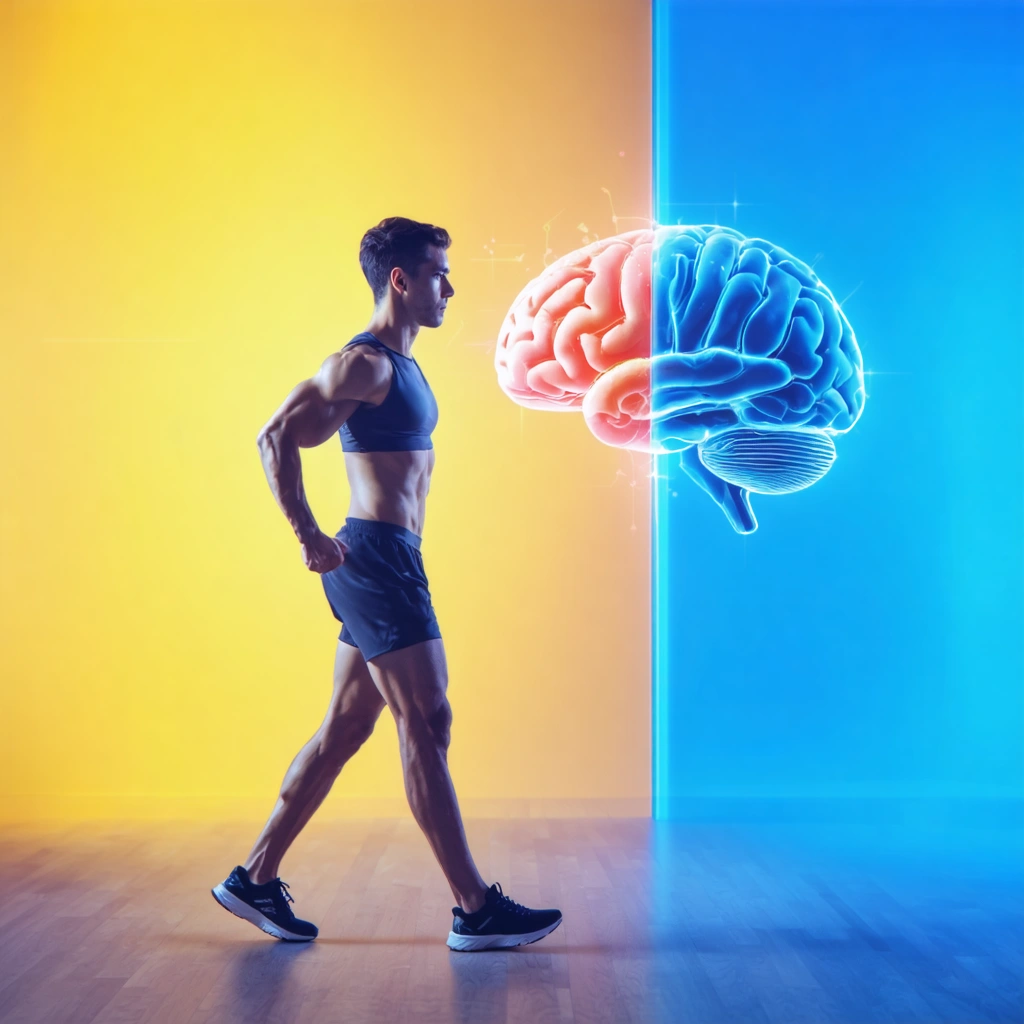
Unlocking Mental Clarity: The Powerful Connection Between Physical Fitness and Cognitive Function
Takeaways: Physical fitness is not just about a healthy body; it plays a crucial role in enhancing mental clarity and cognitive function. Regular exercise boosts brain health, improves mood, and reduces stress, leading to sharper thinking and better decision-making. Embracing a fitness routine can be a transformative step towards achieving better mental clarity.
In today’s fast-paced world, mental clarity is a prized asset. Whether you’re a student juggling deadlines, a professional managing projects, or simply someone looking to enhance your everyday life, clarity of thought is essential. Surprisingly, one of the most effective ways to achieve this clarity is through physical fitness. This article delves into the intricate relationship between physical fitness and mental clarity, revealing how exercise can significantly impact your cognitive abilities.
The Science Behind Exercise and Brain Function
Numerous studies have shown that engaging in regular physical activity can lead to improved cognitive function. But how exactly does this happen? The answer lies in the biological effects of exercise on the brain.
When you exercise, your heart rate increases, pumping more blood to your brain. This boost in blood flow is vital, as it supplies the brain with more oxygen and nutrients, which are essential for optimal functioning. Moreover, exercise stimulates the release of various neurotransmitters such as dopamine and serotonin, which are known to enhance mood and cognitive performance.
Furthermore, physical activity promotes neurogenesis, the process by which new neurons are formed in the brain. This is particularly important for areas like the hippocampus, which is responsible for memory and learning. As we age, the production of new neurons can decline, but consistent exercise has been shown to counteract this effect, keeping our brains sharp and agile.
Exercise: The Natural Stress Reliever
In addition to its cognitive benefits, exercise serves as a powerful antidote to stress. High levels of stress can cloud our judgment, impair our decision-making abilities, and hinder our cognitive performance. Regular physical activity acts as a natural stress reliever by reducing levels of the body’s stress hormones, such as cortisol.
Engaging in activities like jogging, swimming, or even a brisk walk can lead to the release of endorphins, the body’s natural mood lifters. These feel-good chemicals can create a sense of euphoria, often referred to as the “runner’s high,” which can help clear your mind and improve your overall outlook on life. In turn, this enhanced mood can lead to better concentration and focus, further supporting mental clarity.
The Role of Routine and Structure in Mental Clarity
Incorporating physical fitness into your daily routine can also create a sense of structure and discipline. This routine can extend beyond the gym or the sports field and seep into other areas of your life, promoting organization and focus. When you commit to a regular workout schedule, you develop habits that require planning and commitment, which can translate into improved time management skills and goal-setting abilities.
Moreover, the act of setting fitness goals—whether it’s running a certain distance, lifting a specific weight, or mastering a new yoga pose—can enhance your ability to set and achieve personal or professional goals. The discipline gained from physical fitness can sharpen your mental focus, making you more effective in other pursuits.
Mindfulness and Mental Clarity through Fitness
Another compelling aspect of physical fitness is its ability to cultivate mindfulness. Activities like yoga and tai chi specifically emphasize the connection between body and mind. These practices not only improve physical health but also enhance mental clarity through mindfulness, encouraging you to be present and aware of your thoughts and feelings.
Mindfulness has been shown to improve cognitive flexibility, allowing for better problem-solving and creativity. By incorporating mindfulness into your fitness routine, you can further boost your mental clarity, leading to improved focus and a more balanced emotional state.
Practical Tips for Integrating Fitness into Your Life
To harness the cognitive benefits of physical fitness, consider the following practical tips:
- Find an activity you enjoy: Whether it’s dancing, hiking, or cycling, choose something that excites you to ensure consistency.
- Set realistic goals: Start small and gradually increase your activity level to avoid burnout.
- Incorporate movement into your daily routine: Take the stairs instead of the elevator, or opt for walking meetings to stay active throughout the day.
- Practice mindfulness: Incorporate breathing exercises or meditation into your fitness routine to enhance mental clarity.
By embracing physical fitness, you not only improve your health but also unlock the potential for greater mental clarity and cognitive function. The age-old saying, “A sound mind in a sound body,” rings true, reminding us that our physical well-being is deeply intertwined with our mental health.


